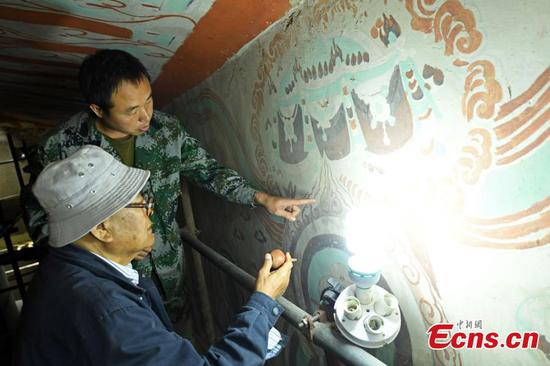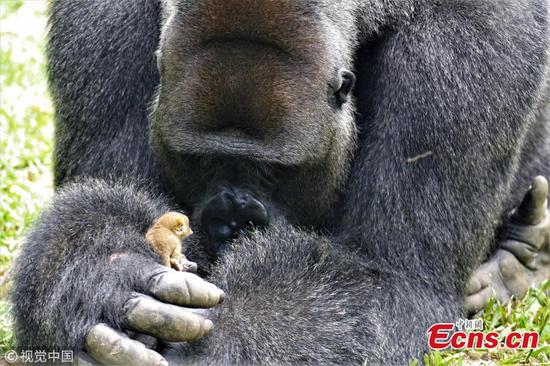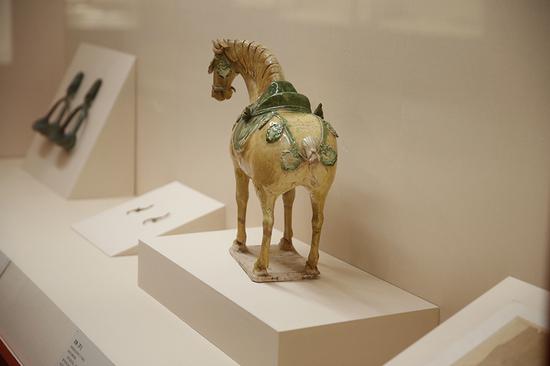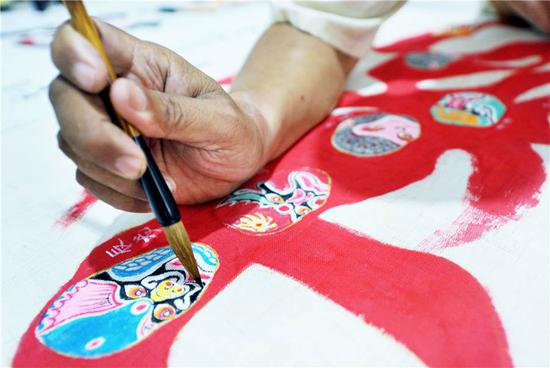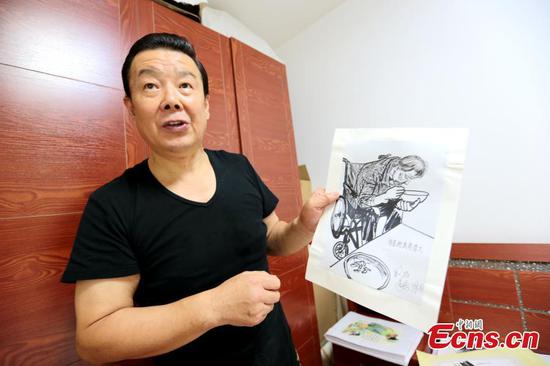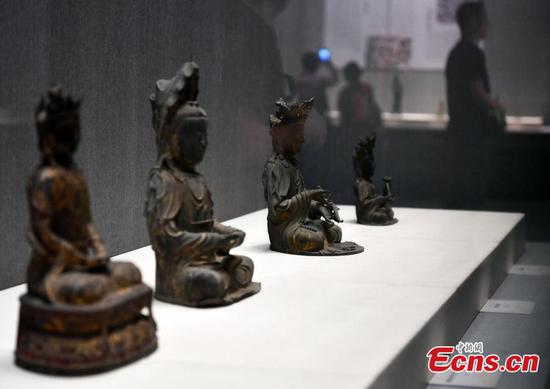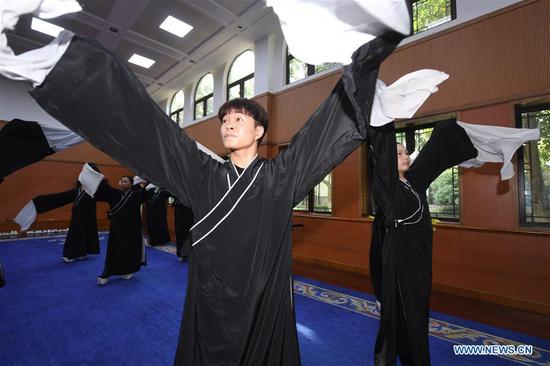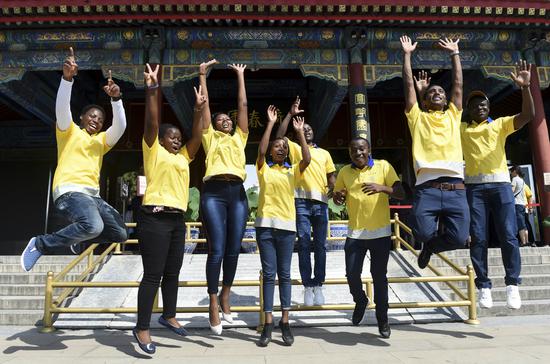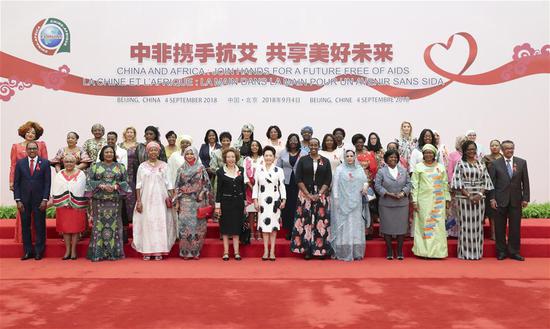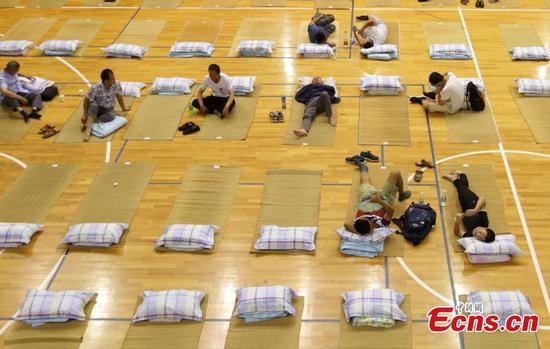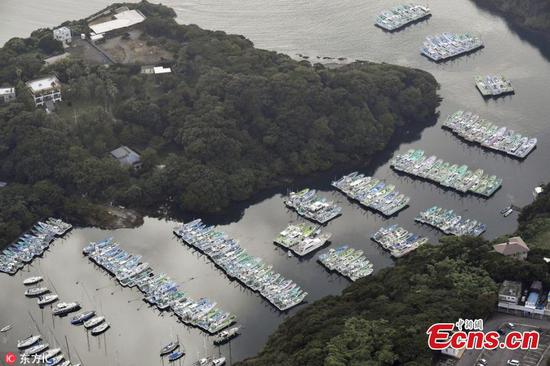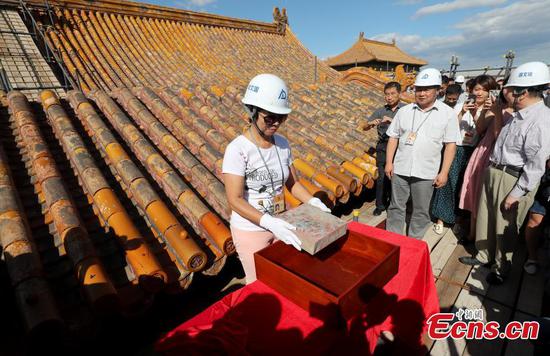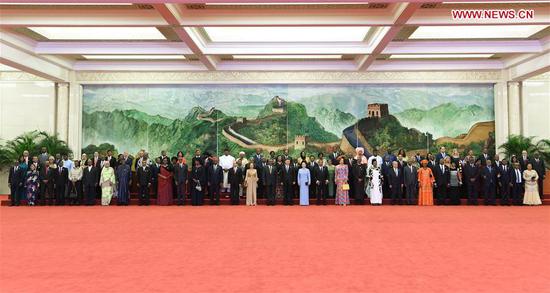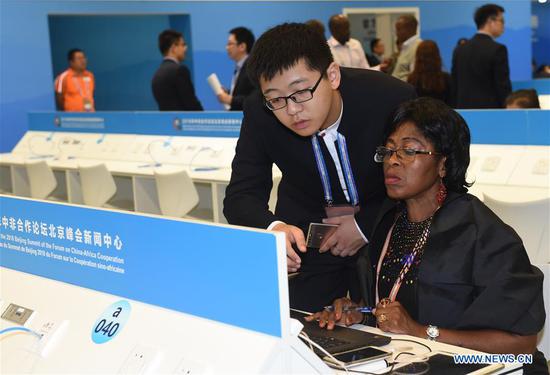Chinese firms encouraged to invest $10b in Africa
As deals worth billions of U.S. dollars were signed around the Beijing Summit of the Forum on China-Africa Cooperation (FOCAC) this week, scholars said Wednesday China's investments not only generate economic value for both sides, but also help African partners to improve their capacity for industrialization.
Witnessed by Djibouti President Ismail Omar Guelleh, a memorandum of understanding (MOU) for the Port of Djibouti renovation plan was signed by representatives from Djibouti Ports and Free Zones Authority and the China Merchants Shekou Industrial Zone Holdings Co (CMSK), a subsidiary of State-owned China Merchants Group, in Beijing on Tuesday.
The MOU is part of efforts to improve the urban development and industrial upgrading of Djibouti, and to transform Djibouti City into an international shipping center and a gateway of modern logistics and financial services, according to CMSK's overseas development business division.
It is also part of the plan to implement the China-proposed Belt and Road initiative as well as the country's eight initiatives for China-Africa cooperation announced at the FOCAC summit, the division said in a statement sent to the Global Times on Wednesday.
The eight initiatives also include imports of more non-resource products from Africa, increased corporate investments, more direct flights, an environmental cooperation center, an African studies institute, and security programs to fight pirates and terrorists.
Before the summit began on Monday, various deals, including an agreement for a 2,407-kilometer railway project that will run from Port Sudan to the Chadian capital of N'Djamena and a $3.5 billion contract to construct the CBD of the new capital city of Egypt, were also signed over the past weekend, news site thepaper.cn reported.
Investment over trade
To better implement the eight initiatives, Chinese companies were also encouraged to invest at least $10 billion in Africa over the next three years, the Xinhua News Agency reported Tuesday.
It's a trend that investment would be a bigger impetus to drive economic cooperation between China and African countries than trade and project contracting, Xu Weizhong, director of the Institute for African Studies at the China Institutes of Contemporary International Relations, told the Global Times on Wednesday.
Small and medium-sized companies, especially successful ones after China's reform and opening-up policies, have a great potential to succeed in the African market, he said.
In the past three years, the average annual Chinese direct investment in Africa was about $3 billion. By the end of 2017, Chinese investments in Africa reached $100 billion, covering almost every country on the continent, Xinhua reported.
China is making a "jump" in investments in Africa, as the projects have expanded to include infrastructure, e-commerce, mobile technology and the internet, and the cooperation is more concerned with the needs of domestic markets, said Toumert AI, a Moroccan and director of education at China Foreign Affairs University's School of International Education.
Apart from selling basic goods, China also has the lion's share of high-end and high-quality products in the African market, AI told the Global Times on Wednesday.
E-governance is also a promising sector, as the business, which is deeply entrenched in Chinese cities, would also benefit governance in African cities, he noted.
The investments are not only about generating economic value for both sides, but also helping African companies get better involved in this century's industrial revolution and move up the global value chain, AI stressed.
As part of the capacity-building initiative announced during the FOCAC summit, China will set up 10 Luban Workshops - named after China's legendary carpenter, engineer and inventor - in Africa for vocational training for young Africans.
The country will also train 1,000 high-caliber Africans, provide African students with 50,000 government scholarships, sponsor seminar and workshop opportunities for 50,000 Africans, and invite 2,000 African youths to China for exchanges, Xinhua reported.
There would be a greater demand for Chinese technology transfer in the African market, especially in the modern agriculture, industrial and manufacturing sectors, Xu said.
However, African countries should have a realistic understanding of their products and the technology they need, instead of merely demanding the latest, or most fancy, technology from China, Xu noted.









